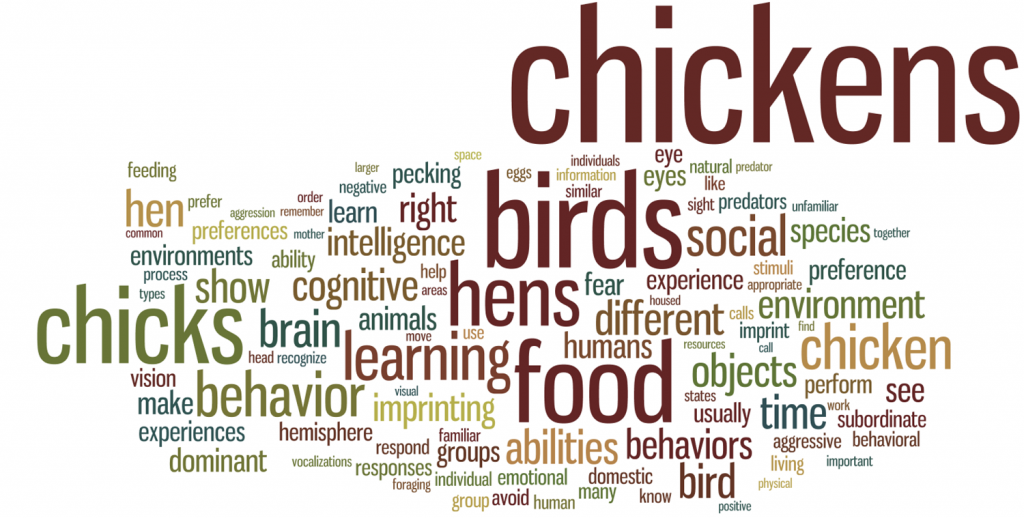Whether you’re a current student or a recent alum, one of the great things about being a graduate of The University of Pennsylvania is the broad alumni network.
The university provides several resources that you can utilize to connect with other alums.
You can find a database of Penn graduates who have volunteered to discuss careers through the Penn Alumni Career Network (PACNet). You can use it to interact with other alums about their careers and ask career related questions. (Please note that it should not be used to inquire about the availability of a job or for employment.)
You can find PACNet here:
http://www.vpul.upenn.edu/careerservices/pacnet/
Penn alumni also have access to the larger QuakerNet alumni directory, which can be accessed here:
http://www.alumniconnections.com/olc/pub/UPN/
Another great way to outreach with other alums is to join the University of Pennsylvania Alumni group.
There are also numerous subgroups by industry in LinkedIn that you should consider joining. You can find links to them all on our website at:
http://www.vpul.upenn.edu/careerservices/socialmedialinked.html
Career Services has created Facebook groups for Alums. These networking groups are categorized by various geographical regions. These groups are mainly dedicated to sharing housing resources for the major metropolitan areas in the U.S. among Penn students and alumni.
You can view the full list of these groups at the following link:
http://www.vpul.upenn.edu/careerservices/socialmediafb.html
Additionally, if you have questions about connecting with alums, feel free to speak with one of our counselors in the office.




